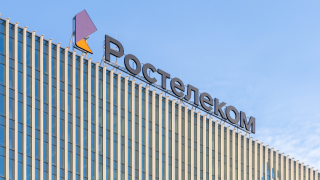Proximus and Orange emerged as the top-performing operators, however, the city’s overall 5G availability remains low compared to other European hubs.
Join us in Brussels for Datacloud Energy & ESG Europe
MedUX’s report, based on 10,000 tests and 300,000 radio samples from Q4 2024, found that the pair delivered the best Quality of Experience (QoE) scores in Brussels, at 4.168 and 4.166 out of 5, respectively.
Proximus led in 4K video streaming and gaming latency, while Orange excelled in download speeds, averaging 236 Mbps. Telenet, despite lower 5G availability, stood out for its network reliability.
However, MedUX’s European-wide findings paint a starker picture for the city as 5G registration rates were just 36%.
Speed performance in Brussels also ranks among the worst in Europe, with median speeds five times lower than leading cities like Porto, Lisbon, Stockholm, and Copenhagen.
The report suggests that a series of regulatory challenges are hampering connectivity in the city, including Belgium’s delayed 5G auction putting it at a competitive disadvantage and strict limits for radiation make it harder to deploy high-performance 5G infrastructure.
Rafael González, SVP for EMEA at MedUX, said: “The EU's Gigabit Society has set a target for operators to achieve uninterrupted 5G coverage across all urban areas and major transport pathways by 2025. This analysis shows how far the EU’s capital is far from achieving the Digital Decade 5G targets.”
RELATED STORIES
Nokia, Ericsson call for bold action to secure digital future at Brussels summit






